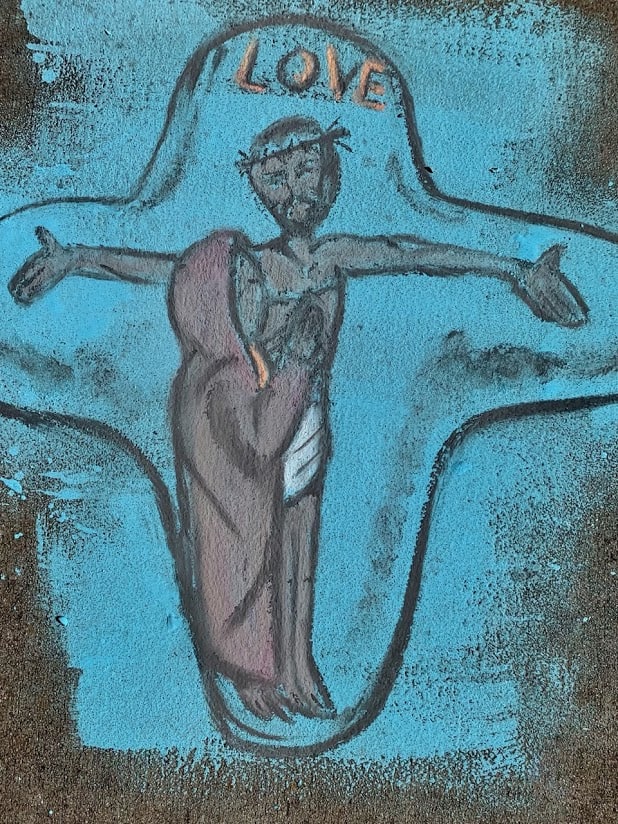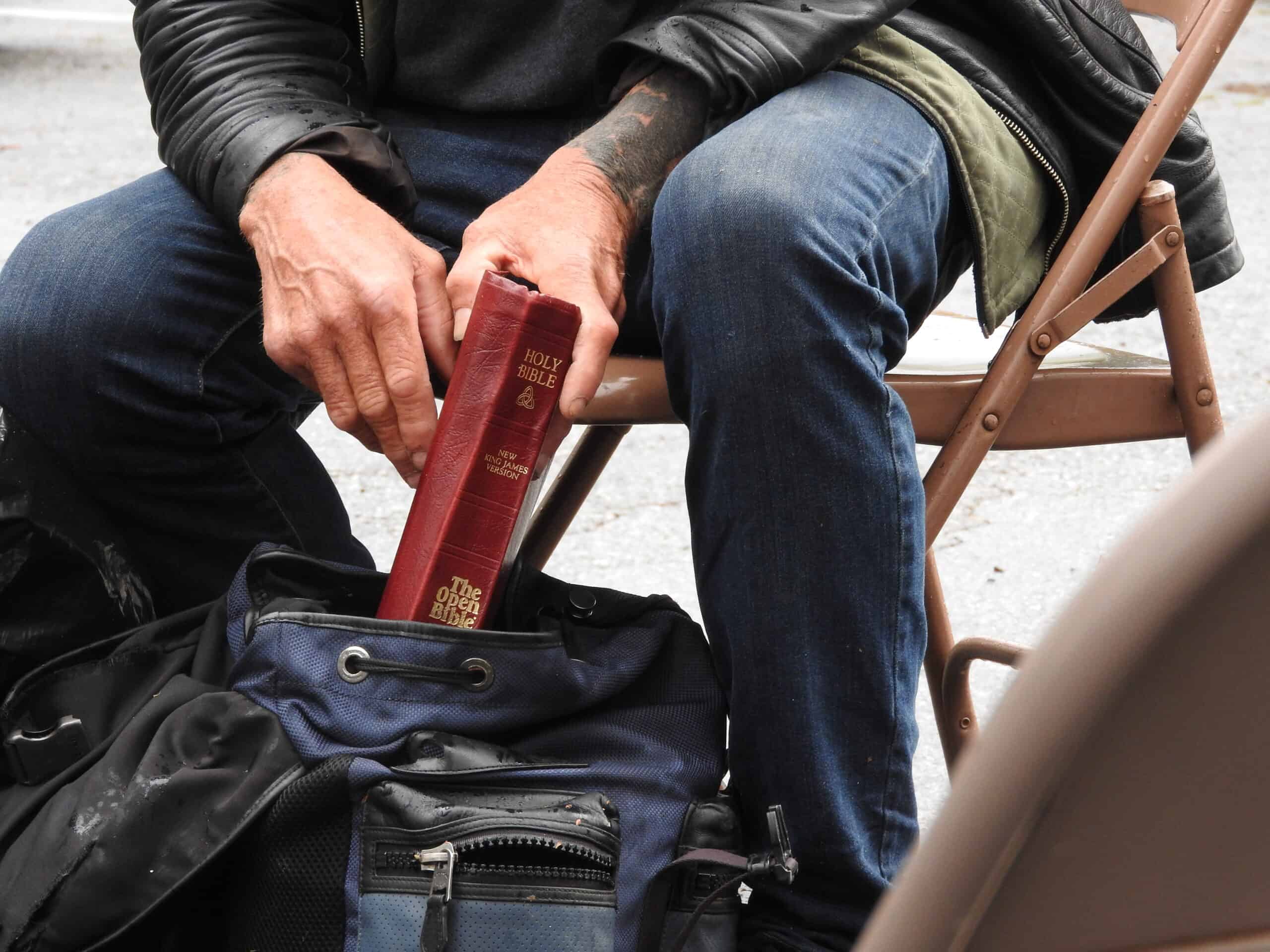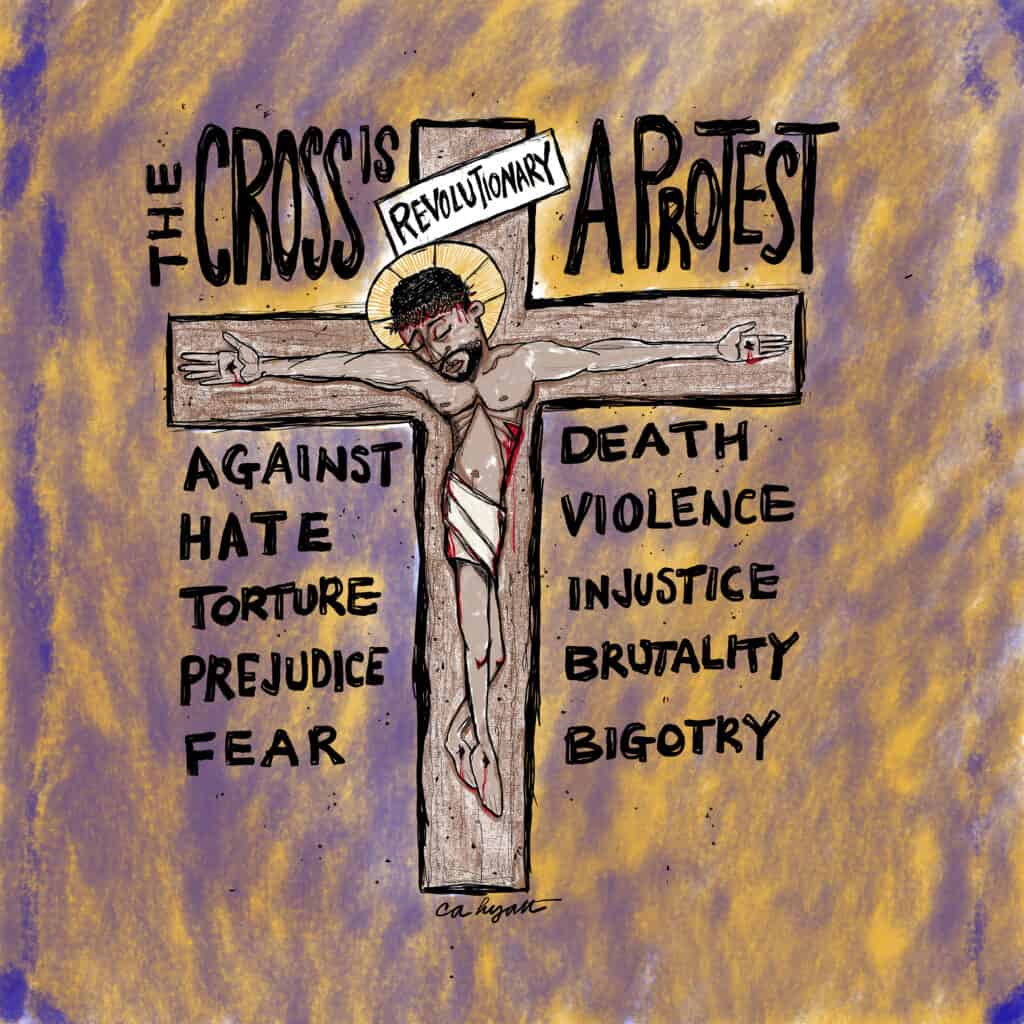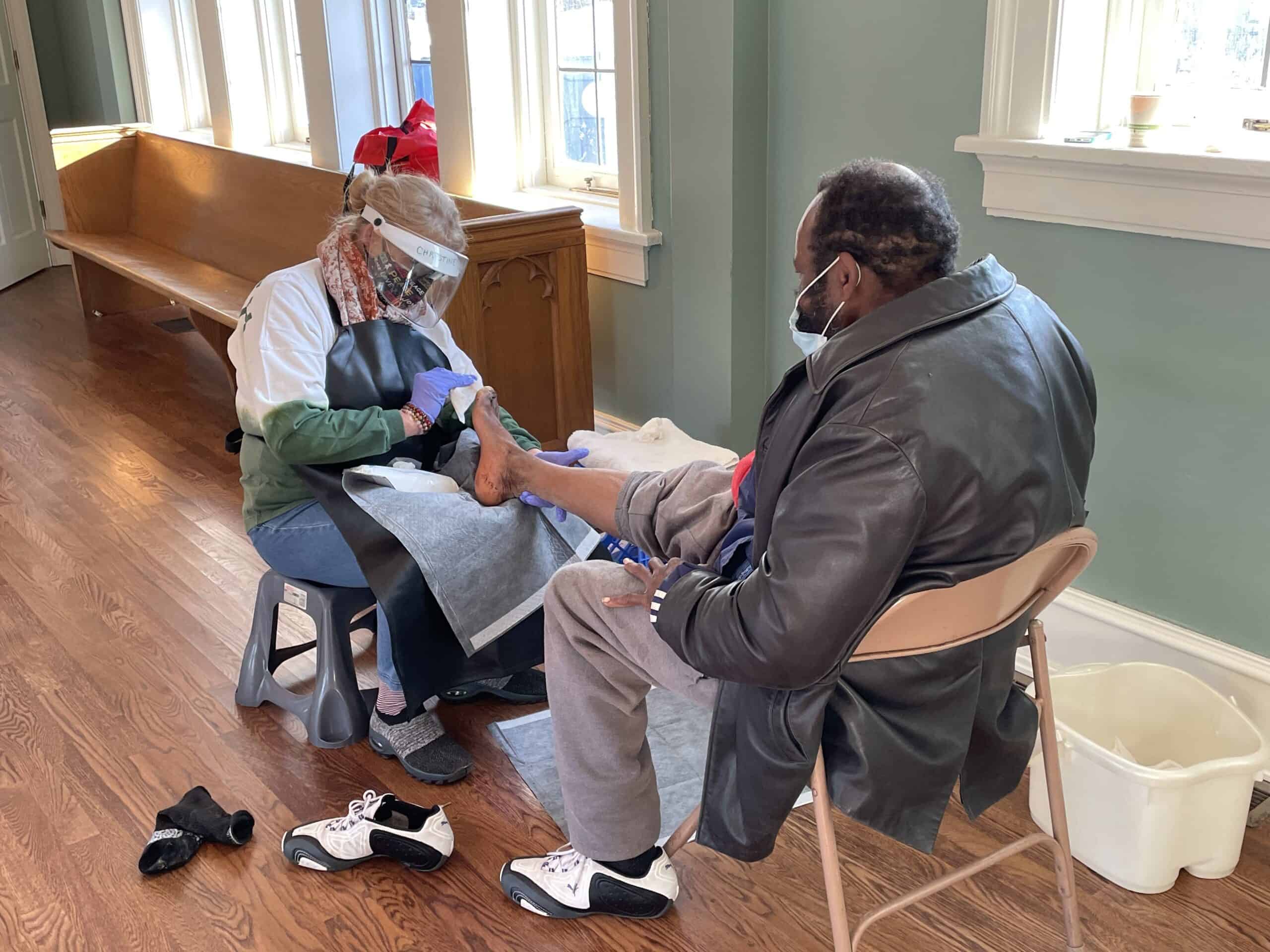Author: Elizabeth Rogan
Psalm 25
Reflection: v. 2, ‘O my God, in you I trust’
Psalm 25 resonates with me because it depicts the journey of a wandering and lost soul seeking comfort and reassurance in God. I’ve had many blessings in my life, more than my share. But I’ve also experienced hardships and sorrow and made decisions I regret deeply. For most of my adult life I wandered lost and struggled to understand why I couldn’t find comfort in God, as so many others do. The answer has come to me as I spend time in the Mercy community: I was not opening myself to God. I was not trusting that God would forgive my transgressions and accept me as I am. I was not letting God teach me and guide me.
As the simple words of the opening stanzas of Psalm 25 teach us, though, we need only open ourselves and trust, and the Lord will be there:
To You, O Lord, I lift up my soul; O my God, I trust in You.
The Psalm continues with its message of faith as the path to forgiveness:
Show me your ways, O Lord; teach me Your paths. Lead me in Your truth and teach me, for You are the God of my salvation. Do not remember the sins of my youth, nor my transgressions. According to Your mercy, remember me.
Psalm 25, verse 10, concludes with the assurance that those who trust in God will find comfort, as I have:
All the paths of the Lord are mercy and truth for those who keep His covenant and His decrees.
The simple message of Psalm 25 for me: Open yourself and don’t hide from the past. Have faith and trust in God. He is there for all who believe.
Prayer God, help us to open ourselves and not dwell on our transgressions. Teach us to trust in you, and guide us in your love and mercy. Amen.




